In a major escalation of tensions in the Middle East, Israel launched a coordinated and large-scale airstrike targeting Iran’s nuclear facilities and military infrastructure across multiple cities.
The operation, reportedly involving hundreds of aircraft, has resulted in the deaths of several senior officers of Iran’s Islamic Revolutionary Guard Corps (IRGC), marking a significant blow to Tehran’s military leadership.
The Strike: Scope, Cities Targeted, and Ongoing Operations
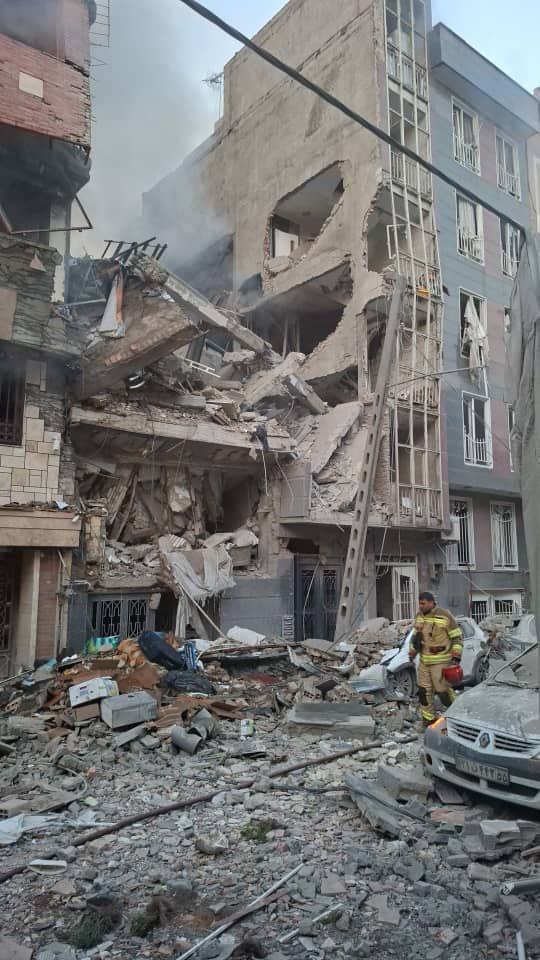
The Israeli military, in what officials have described as a preemptive move, struck key sites connected to Iran’s controversial nuclear program in several cities, including Natanz, Fordow, Tehran, Hamedan, Tabriz and Isfahan.
These locations host uranium enrichment plants, research centers, missile production facilities, and IRGC command hubs critical to advancing Iran’s nuclear ambitions.
Despite the extensive damage, reports indicate that some facilities are still operational or have resumed limited activity, signaling Iran’s determination to continue its nuclear efforts despite the setbacks.
Senior IRGC Officers Killed: Names and Positions
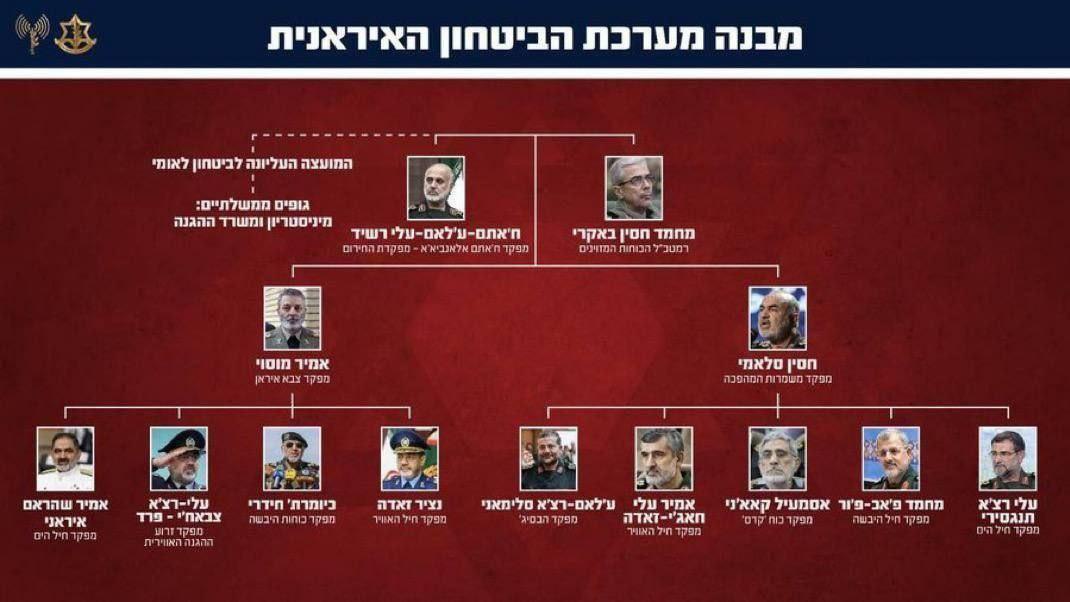
Among the casualties are several high-ranking IRGC officers whose deaths are expected to severely disrupt Iran’s military command structure:
- Major General Hossein Salami – Commander-in-Chief of the IRGC, known for orchestrating Iran’s military strategy both regionally and globally.
- Ali Shamkhani – Secretary of Iran’s Supreme National Security Council and a key figure in Iran’s strategic military planning.
- Major General Mohammad Bagheri – Chief of Staff of the Iranian Armed Forces, responsible for coordinating Iran’s military branches.
- Davood Sheikhian – Senior commander in charge of Iran’s air defense systems, crucial to repelling aerial threats and maintaining nuclear site protection.
- Reza Zolfaghari – Senior security official with longstanding ties to national defense strategy and internal coordination between security forces.
- General Amir Ali Hajizadeh – Head of the IRGC Aerospace Force, instrumental in Iran’s missile and drone programs.
- Colonel Reza Asgari – Senior nuclear scientist and defense analyst with strong ties to Iran’s military-industrial complex.
In addition to these confirmed casualties, intelligence sources suggest that several other senior IRGC officers and nuclear scientists were also targeted and possibly killed or injured, though official confirmation has not yet been released.
The scale and precision of the attack indicate a deliberate effort to dismantle Iran’s military leadership and nuclear expertise.
Iran’s Response and Statements
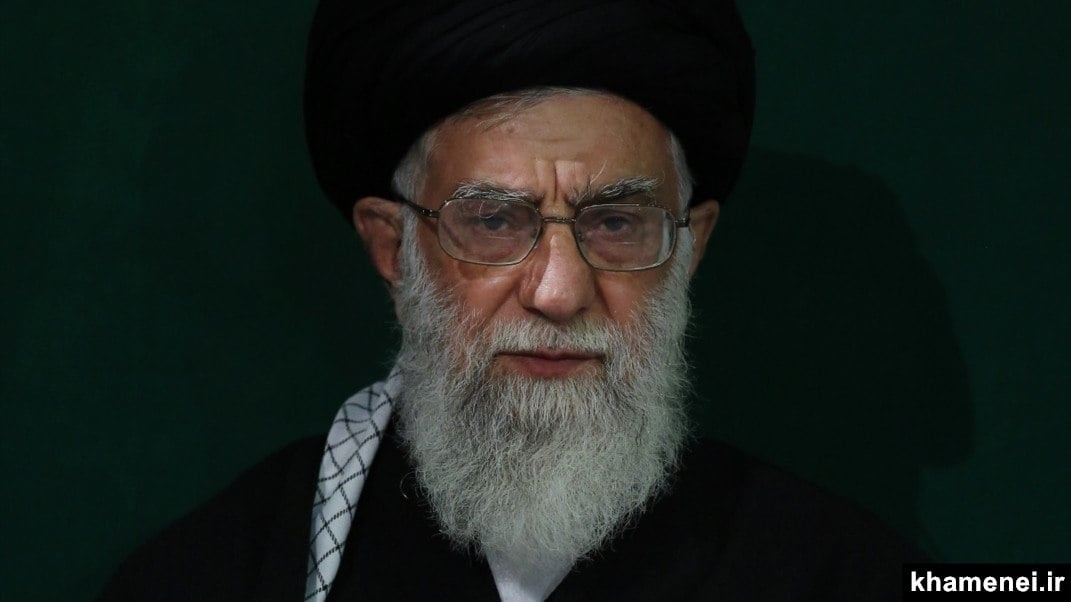
Supreme Leader Ayatollah Ali Khamenei condemned the Israeli strike as an act of aggression and a “declaration of war.” In a televised address, Khamenei declared:
“This is a treacherous attack by the Zionist regime against the sovereignty of our nation and our sacred defense capabilities. Israel must know that such actions will only strengthen our resolve. We vow severe and crushing retaliation.”
Iranian Foreign Minister Hossein Amir-Abdollahian also condemned the attack, calling it:
“A clear violation of international law and a flagrant act of aggression. The international community must hold Israel accountable.”
Iranian officials further emphasized that the conflict is far from over, warning:
“This operation will not end soon. Our response will be relentless and continuous.”
International Reactions: Trump’s Statement and Global Diplomatic Fallout
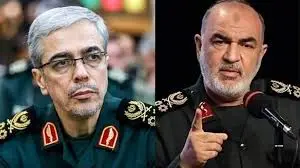
Former U.S. President Donald Trump, while no longer in office, issued a strong statement in support of Israel’s right to defend itself but warned against escalating tensions:
Israel has every right to defend itself against the Iranian regime, which continues to threaten peace and stability in the region. We warned Iran multiple times during my presidency to stop their nuclear ambitions, but they refused to come to the negotiating table in good faith.
This attack underscores the failure of diplomacy under the current Iranian leadership.
While I support Israel’s right to protect itself, I urge all parties to avoid further escalation that could lead to an uncontrollable conflict. The best path forward is through strong, clear negotiations, not endless violence
Israeli Government’s Position
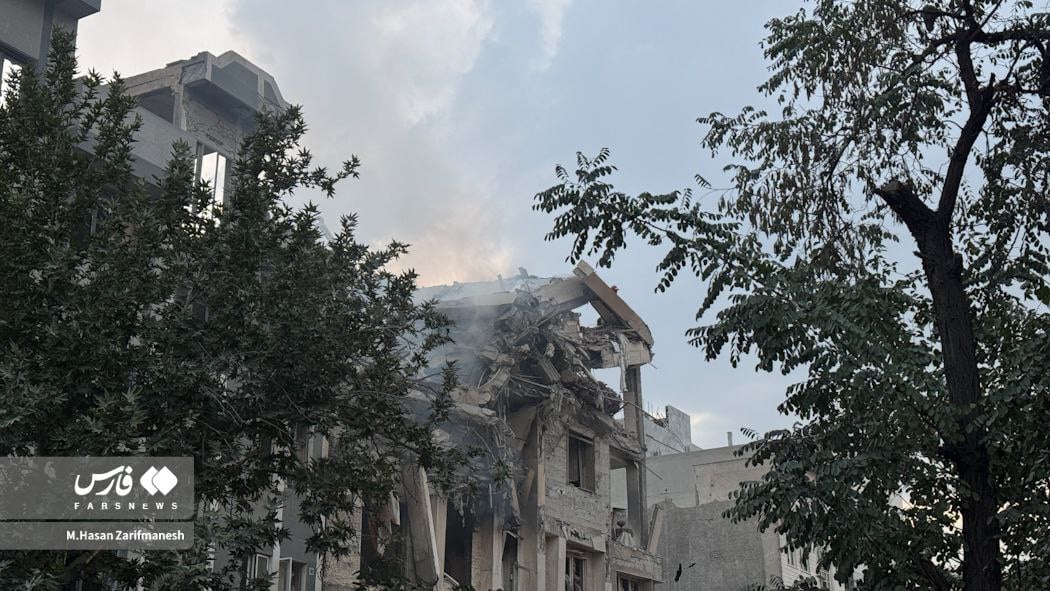
Israeli Prime Minister Benjamin Netanyahu spoke to the nation shortly after the operation:
“We have launched a decisive strike against Iran’s nuclear program and military infrastructure to ensure that the regime does not acquire nuclear weapons capable of threatening Israel and the world. This operation is essential for our security, and we will act with determination to protect our people.”
Netanyahu reaffirmed Israel’s commitment to continue these operations as necessary:
“We will continue to act to prevent Iran from becoming a nuclear threshold state.”
Wider Regional and Global Implications
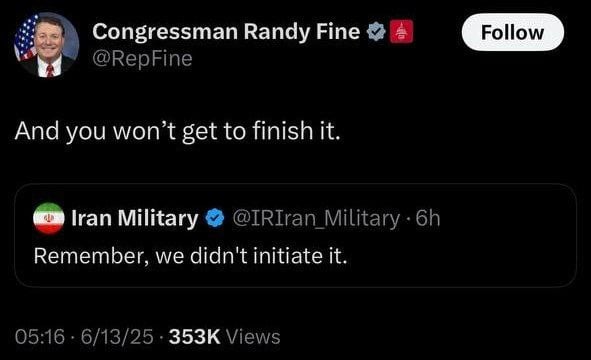
The strike has sent shockwaves throughout the Middle East. Gulf countries, especially the UAE and Saudi Arabia, canceled flights to multiple destinations citing airspace safety concerns. Oil prices surged globally amid fears of disruption in energy supplies from the region.
Meanwhile, the Israeli military remains on high alert, anticipating retaliatory strikes. Iran’s drone attacks on Israeli territory, launched in the hours following the airstrikes, have raised fears of a prolonged conflict with unpredictable consequences.
What Comes Next?
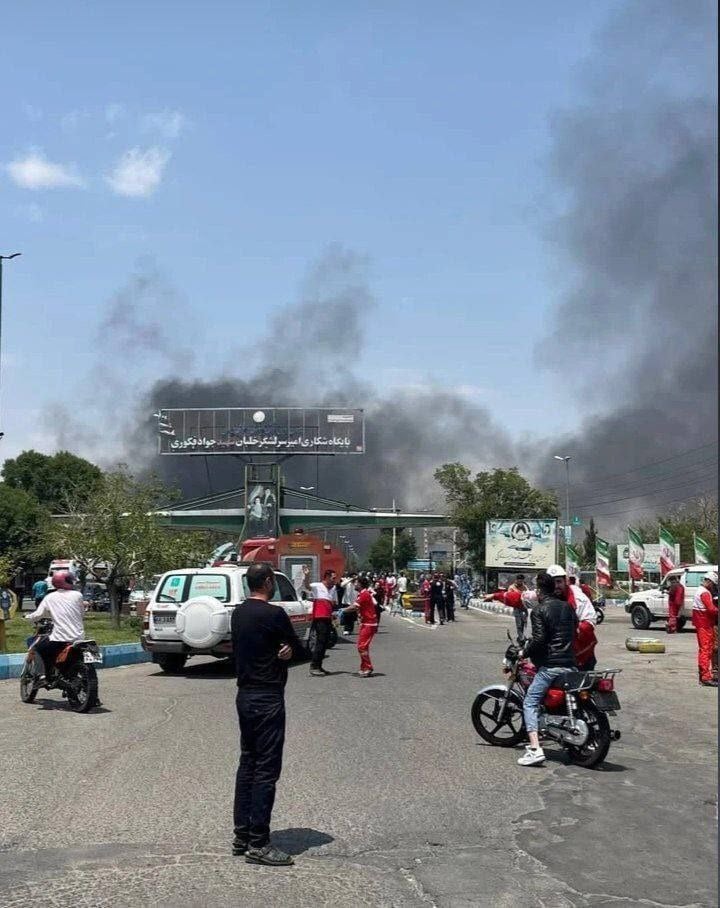
The coming days are critical. Iran’s promise of retaliation could manifest through missile strikes or proxy attacks targeting Israeli and allied interests. Diplomatic efforts, which were already fragile, face a severe test as talks to revive the 2015 nuclear deal hang in the balance.
Iran’s leadership has made it clear that the conflict will not end quickly. Both sides appear prepared for a prolonged confrontation, with Israel committed to preventing Iran’s nuclear advancement and Iran determined to resist and retaliate against what it views as aggression and interference.
The international community’s ability to contain this crisis will depend on the willingness of all parties to engage in meaningful dialogue and the effectiveness of diplomatic pressure on both Tehran and Jerusalem.





